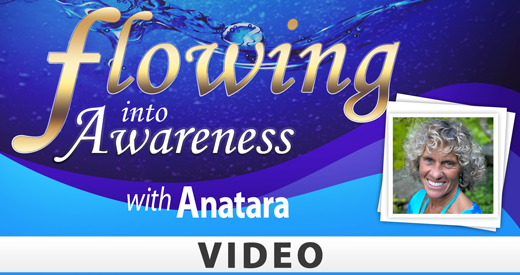| YogaHub |  |
The Definition of Yoga
 If there was a person on earth who had never before encountered the wind, what words would you use to describe it? Could any terms fully explain what it feels like to stand atop a mountain while mighty gusts try to blow you off balance? Would words do justice to galloping through a field on your horse while the wind whipped at your torso? Or sticking your hand out the window of a traveling car to feel the incredible force pushing at your arm?
If there was a person on earth who had never before encountered the wind, what words would you use to describe it? Could any terms fully explain what it feels like to stand atop a mountain while mighty gusts try to blow you off balance? Would words do justice to galloping through a field on your horse while the wind whipped at your torso? Or sticking your hand out the window of a traveling car to feel the incredible force pushing at your arm?
All definitions and explanations are sadly lacking. They are mere shadows of the actual sensations.
You could try defining the wind by explaining what it does – such as how the wind moves the hair off the nape of your neck, how it feels like light feathers brushing across your skin, or how it makes you happy on a hot summer day or scared during a violent thunder storm. The wind’s effect gives us a better sense of how wind works in the world, and is certainly much more revealing than the definition you’ll find in the dictionary: “current of air.”
Defining yoga is a lot like defining the wind: It’s much more effective to communicate the effects than to nail down a concrete definition. But even beyond describing the mental, physical, and spiritual effects of yoga, the best way to really know “yoga” intimately is to experience it for yourself.
Wikipedia defines Yoga as “a healing system of theory and practice. It is a combination of breathing exercises, physical postures, and meditation that has been practiced for more than 5,000 years.”
Like defining the wind, that definition of yoga leaves me uninspired and tired.
For some reason, we’re always trying to define yoga. Maybe we think a definition will somehow validate or codify the experience of yoga. But capturing the wind, or yoga, within the confines of a definition does the experience an injustice. Definitions, by the very nature of the defining act, exclude. Yoga and meditation, on the other hand – like the wind, the sun, the moon — are completely inclusive.
If you want to experience wind, go to where the wind usually shows up, like a mountaintop or the ocean. If you want to experience yoga, then practice asana, explore breathing techniques, or chant a mantra.
Yoga is to be experienced, not defined.
I’ve noticed anytime I have had a profound yogic experience, my ability to wrap words around it makes the experience slip away. The mere act of trying to put what is beyond words into the confines of words diminishes the memory of the experience. But if I just remember the experience, without needing to capture a definition, the memory comes alive.
That’s why the definition of yoga is such a trap. Each person brings their own concept to defining an individual experience of wholeness (and yes, even that word “wholeness” is a trap.) Thousands of years ago, someone pulled out that Sanskrit word “yoga” (which means “to yoke” or to “to unite”) and said “this is what we’ll call this practice.”
Since we haven’t figured out yet how to communicate telepathically, we’re stuck with words. Let the words and the definitions of others be an open invitation to your own inquiry. What is yoga for you?
[tags]definition of yoga, what is yoga, what does yoga do to me, benefit of yoga, yoga practice[/tags]






Yeah but “yoga as a force of nature” is a very slippery slope:-
Casual Oversimplification
We are working on this here: Yoga Defined
I disagree with the author’s conclusion that yoga can not be explained and that such an attempt at explanation diminishes or removes the possibility of the experience. Anyone who is serious in their approach to yoga knows full well that there are profound explanations of the process of yoga which in and of themselves are sabda brahaman or sound leading to union with the Divine. Patanjali’s yoga sutras and Bhagavad Gita especially are yogic doctrines that are an integral part of the yogic system. Just reading them and contemplating them gives one insight into the nature of one’s connection to the Absolute or divine spiritual ultimate reality.
My conclusion was not that yoga cannot be explained. My conclusion is that the experience of yoga is much more powerful than any definition.
I agree that contemplation on spiritual texts certainly can give the reader insights. It’s these insights that I’m referring to as the power behind the definition, not the words themselves. The tiny squiggles we call letters are combined to make words, which are just symbols of a concept we hold in the mind. It’s the experience I’m pointing to as the place the practitioner gains insight and understanding–whether they get there from reading spiritual texts, asana, meditation or otherwise.